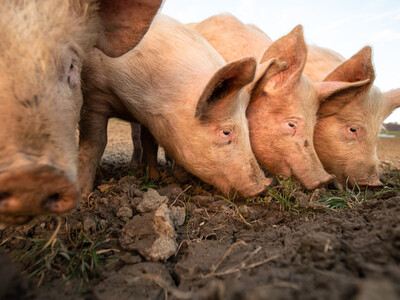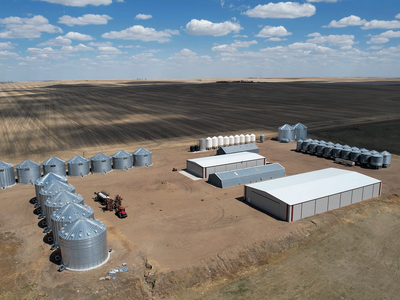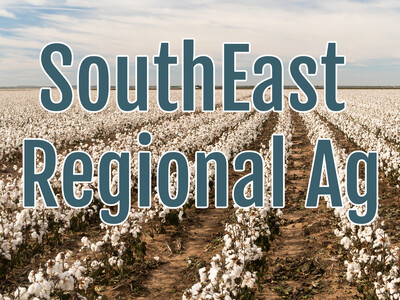Sugar Beet Juice Melts Icy Roads and Dairy Policy Has Potential to Derail Farm Bill
An article from Toronto's Star newspaper mentions that more municipalities across Ontario are spraying a combination of sugar beet juice and salt brine to keep roads from being icy. Sounds interesting and a great use of a byproduct of sugar beet processing. Evidently it is more effective than the salt brine alone in lower temperatures -- like minus 13 F. It is said to smell like soy sauce. molasses or stale coffee when the snow begins to melt. It is however, more expensive -- it is 29 cents a liter compared to 5 cents for just brine.The issue of dairy policy has the potential to derail the Farm Bill. House Speaker John Boehner insists there will be no Dairy Supply Management provisions in any House-Senate Farm Bill deal. The issue's now become a make it or break it one for the farm bill. Boehner was asked if he'd keep a final farm bill off the House floor if it includes Dairy Price Control provisions Boehner last year called Soviet-style central planning. He responds
Boehner: "I have no allusions that a Soviet-style dairy program we have will continue but let's not make it any worse by including supply management tools that will really make it worse. I've fought off the supply management idea for the 23 years I've been in Congress and my position hasn't changed. Mr. Peterson and others are well aware of it."
Now with today's Food Forethought, here's Lacy Gray.
Has gluten become the new scapegoat for any dietary health issues related to highly refined flour? It appears so. Gluten-free has become the new "in phrase" to tack on to food products. Interestingly, gluten is not something that just magically appears in highly refined flour, it is a protein found in cereal grains like barley, rye and wheat, especially wheat. A small percentage of the population is gluten-intolerant, and these people do need to avoid eating any foods that contain gluten. But do the rest of us really need to do gluten free as well? The answer given by most food experts is no. In fact, they say that people who do not have gluten intolerance issues but choose to go on gluten-free diets anyway may very well be creating other health issues, as gluten-free foods are often nutrition-deficient - being low in fiber, iron, and many other vitamins and minerals due to the fact that gluten-free products are made with refined, unenriched grains and starches. The general consensus then is that most people shouldn't go completely gluten free. If you're in doubt about whether you need a gluten-free diet, check it out with your physician first.
?














